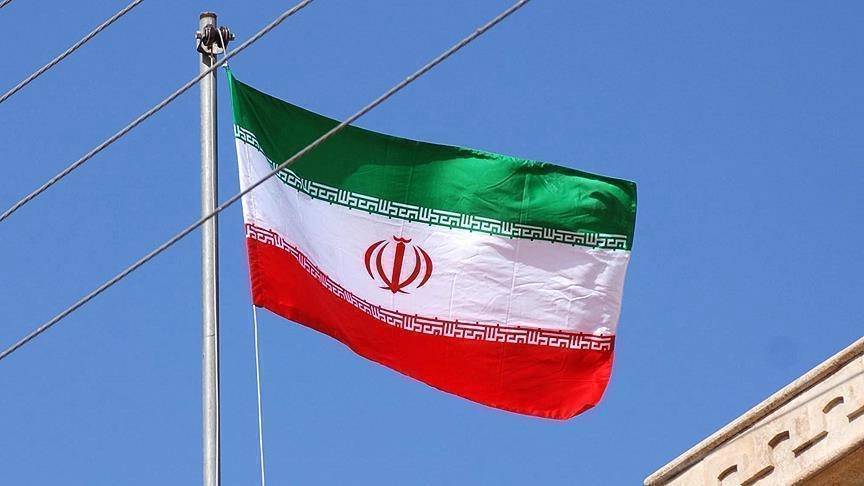TEHRAN, Iran
Iran said Monday Foreign Minister Hossein Amir-Abdollahian will not participate in a state-backed conference in New Delhi in protest against a video depicting Iranian protests.
Speaking at a weekly press conference in Tehran, ministry spokesman Nasser Kanaani confirmed earlier reports about the cancelation of Amir-Abdollahian’s attendance in the prestigious annual geopolitical meeting.
Kanaani lashed out at the conference organizers over a promotional video showing recent anti-government protests in Iran.
Raisina Dialogue, hosted jointly by the Indian Foreign Ministry and the Observer Research Foundation (ORF), is an annual event that sees the participation of leading policymakers and government officials from across the world.
Kanaani said the top Iranian diplomat’s attendance in the high-profile conference scheduled to take place on March 1-2 was on the agenda, but was canceled due to the unprofessional action of its organizers.
A video clip published on the ORF website showed Iranian women cutting their hair, a symbolic act that has in recent months been associated with sweeping anti-government protests in Iran.
The protests were sparked by the death of a 22-year-old Iranian woman, Mahsa Amini, while in police custody in mid-September, leading to the death of hundreds, both civilians and security forces.
Taking umbrage at the promotional video, which also showed Iran’s President Ebrahim Raisi, the spokesman said the two countries are committed to non-interference in each other’s internal affairs.
He, however, hastened to add that the foreign minister has a busy schedule and had to prioritize his upcoming trips.
Indian media had earlier reported about Amir-Abdollahian canceling his participation in the event, citing sources that the video clip had angered the Iranian Embassy in New Delhi.
Pertinently, India adopted a neutral stance on the months-long protests in Iran and was one of the 16 countries that abstained from voting on a resolution sponsored by Germany and the Netherlands at the UN Human Rights Council against Iran in November last year.
The two countries have also adopted a similar stance on the Ukraine war, refusing to openly condemn their common ally, Russia.

